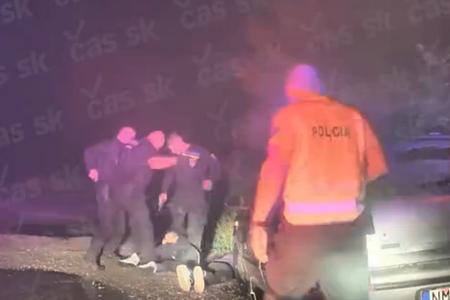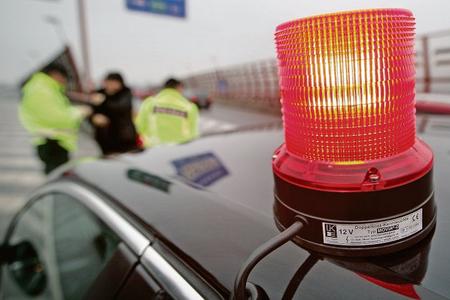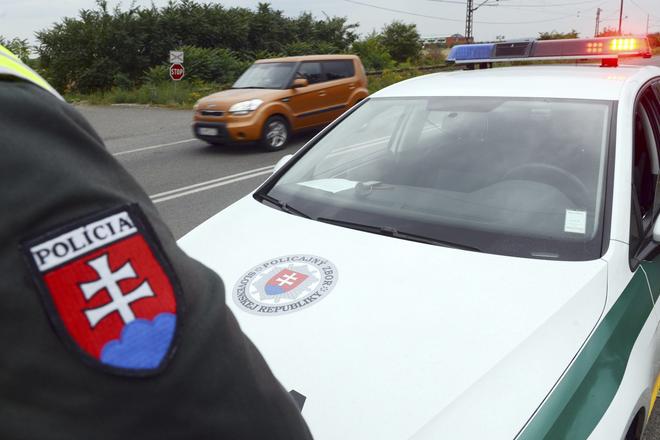The police officers who kicked a 22-year-old wounded female driver in the head in August 2016 will be dismissed from the force in the following days or weeks, claimed Police Corps President Tibor Gašpar at a session of the parliamentary human rights committee on March 14.
He spoke to the committee following the publishing of a video capturing the arrest of 22-year-old Michaela, made by the Nový Čas daily. The case goes back to August 2016. When the driver disregarded a police warning to stop her car, the officers fired their guns at her vehicle 13 times. When she did pull over, they kicked her repeatedly in the head as she lay on the ground, despite the fact that the young woman was defenceless and had been shot in the chest and through an earlobe, the TASR newswire reported.

Gašpar also informed the committee of measures designed to prevent such behaviour in the future, albeit conceding that they might not be 100-percent effective.
“There’s no measure to completely prevent such cases from occurring,” the Police Corps president said, as quoted by TASR.
Currently, there are 23,000 police officers and some 600 patrols (1,200 officers) on the streets communicating with people. Approximately another 1,000 of them are assigned to criminal prosecution proceedings, Gašpar continued.
“Some power will always be applied by them and not all need necessarily sit well with people, but that’s what supervisory mechanisms are for,” he added, as quoted by TASR.
Gašpar also condemned the behaviour of the officers who took action against the 22-year-old driver.
“I can tell from the video that it might even constitute an attempt to cause grievous bodily harm because she was being kicked in vital organs such as the head,” he said, as quoted by TASR.

The proceeding against the three police officers started only in February, though the inspectors received the video already last August, the public-service broadcaster RTVS reported. The officers now face charges of being an accessory to the abuse of a public official’s powers and could be sentenced to four to 10 years in jail if convicted.
When asked why the case only was taken on several months after the incident had occurred, Gašpar referred to the Criminal Code which sets the time limits.
“Every case is individual and this is one where certain inquiry and other related acts have to be made,” Gašpar added, as quoted by the SITA newswire, adding that the only one who can interfere into the process is the supervising prosecutor.
Among the systemic measures the police have passed or are planning to approve are attaching cameras to police uniforms, changes to guidelines governing the use of force, raising the minimum recruitment age from 18 to 21 and more hours of periodic training, including psychological preparation.



 Illustrative stock photo (source: TASR)
Illustrative stock photo (source: TASR)